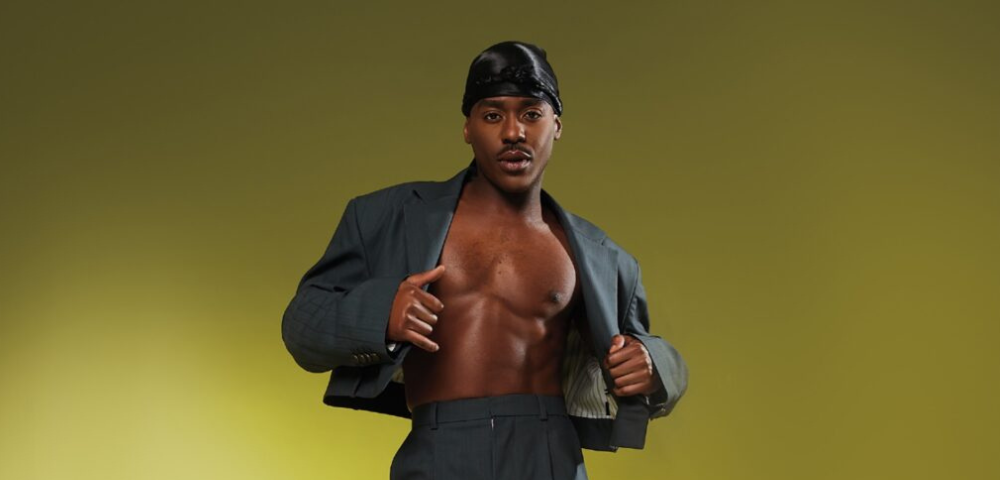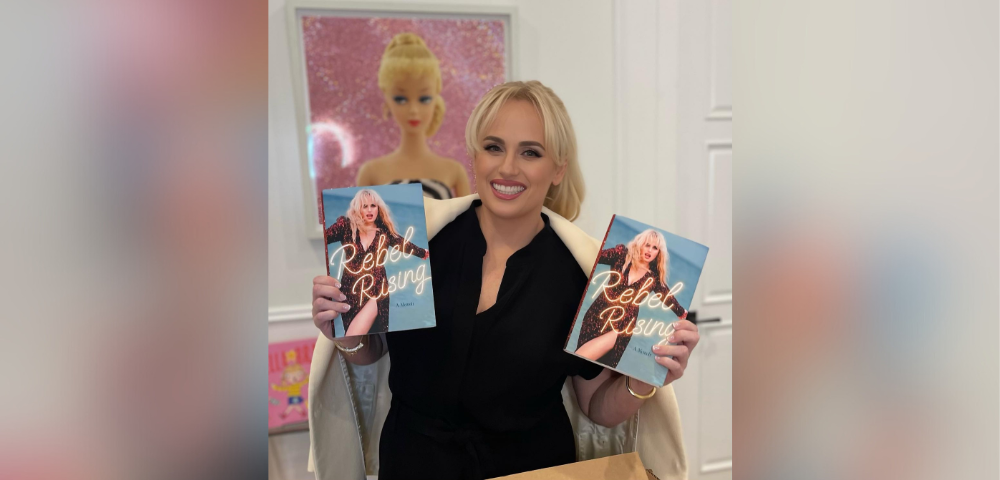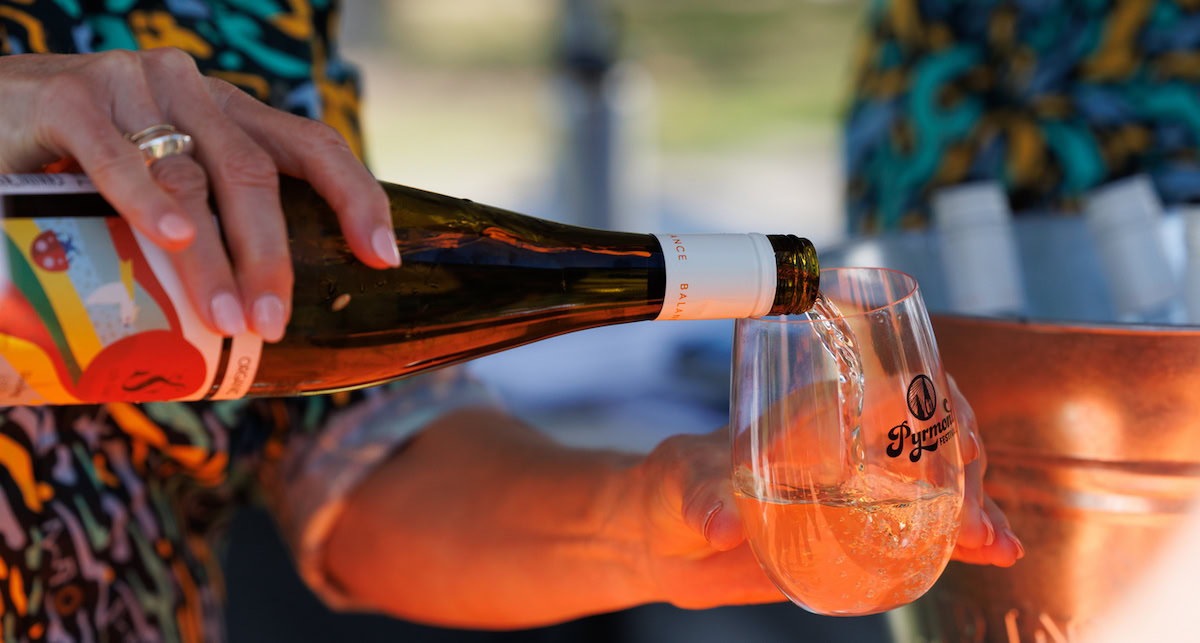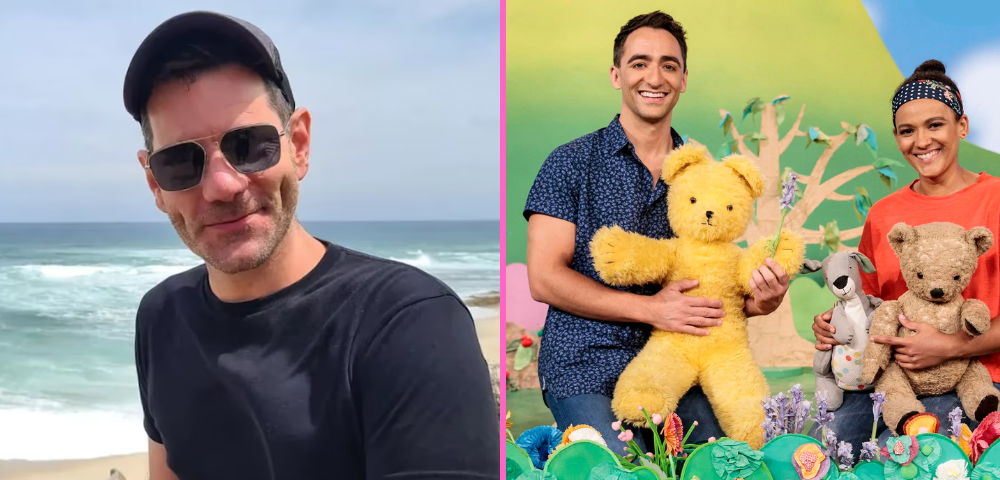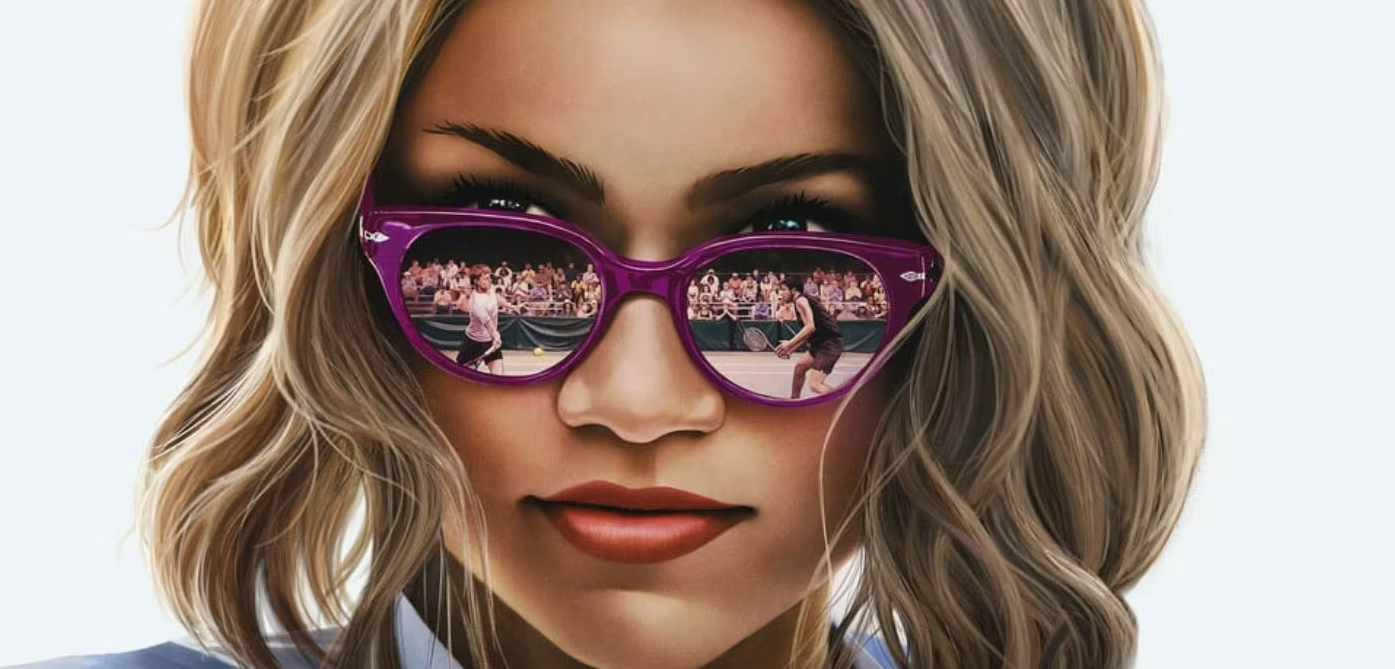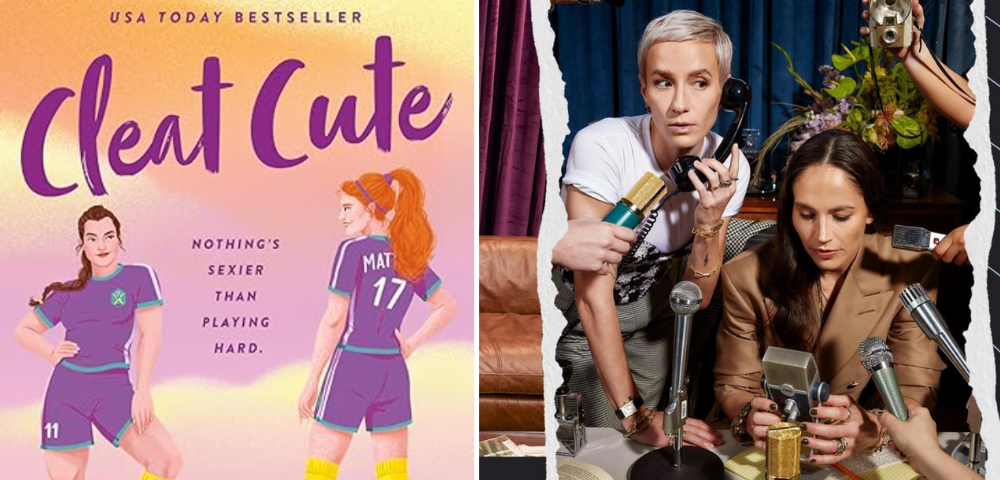
(Not) Too queer for cinema
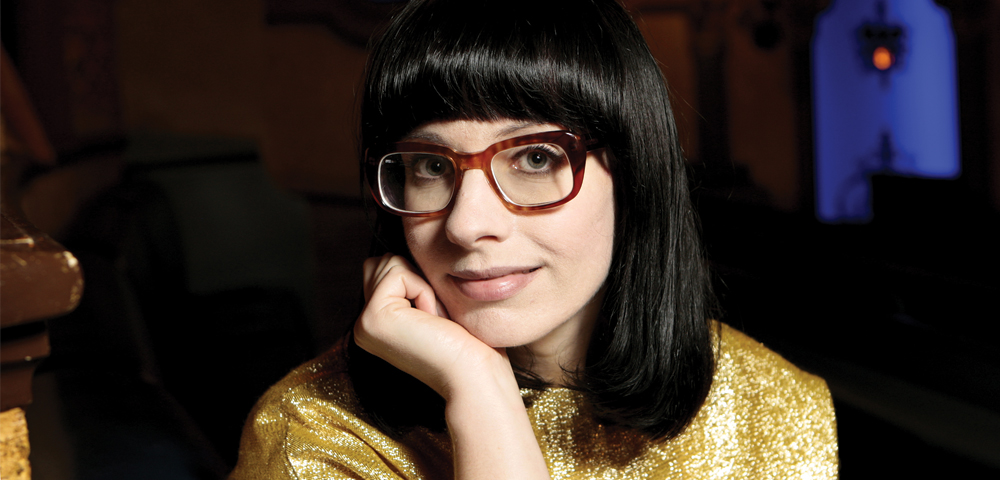
WHILE the Melbourne International Film Festival (MIFF) is no stranger to LGBTI content, this year a queer film takes centre stage — the long-awaited cinematic adaptation of Timothy Conigrave’s beloved memoir Holding the Man will feature in a gala right in the middle of the festival.
[showads ad=MREC]The festival’s artistic director Michelle Carey said MIFF had some awareness of the book’s importance to the gay community in Australia, and Melbourne in particular, but wasn’t prepared for her own reaction to seeing the film.
“I was expecting it to be really sad — which it is — but it’s incredibly joyous,” she said.
“Coming out of the film, Al [Cossar, festival programmer] and I were just like, we’ve got to do something with this.
“It’s not just a screening — this is such an important story to put up there and screen as a piece of Australian cinema, as well as all the local resonances and the Melbourne story.”
MIFF 2015’s “Centrepiece Gala” will be a screening and after party celebrating the film.
“The response has been amazing,” Carey said.
“[It] has cut across queer and straight communities… but it seems quite generational, and I’d be really interested to see how many younger people know about the importance of the story and the book and so on.”
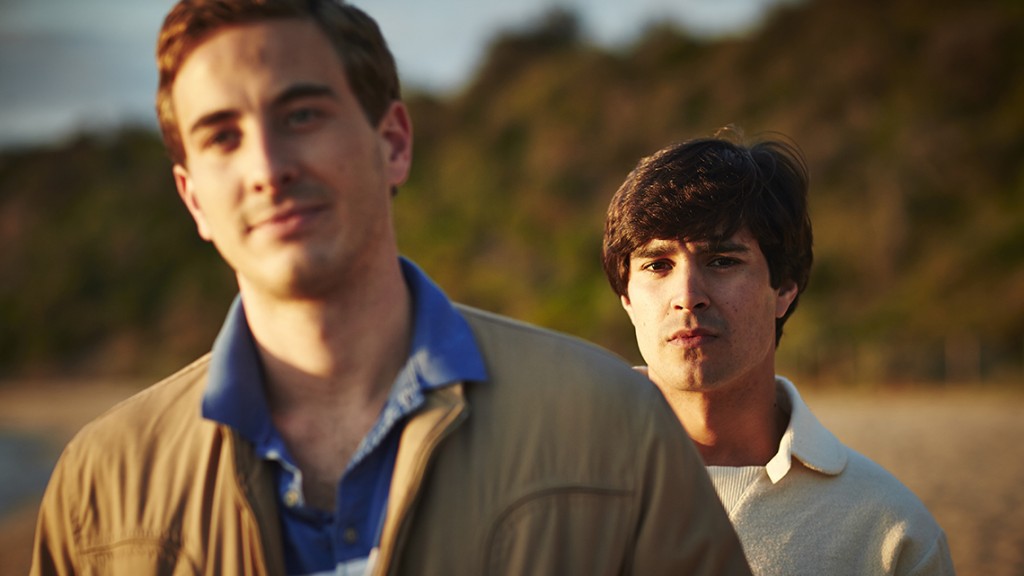
Films like The Adventures of Priscilla, Queen of the Desert and Muriel’s Wedding might loom large in the history of Australian cinema as camp classics, but Carey argued they represent a very specific and fleeting cultural moment.
“Those films are from the 90s — that was a real golden era in Australian cinema where we celebrated that,” she said.
Carey argued that after that, Australian cinema became quite serious for the next 20 years. She wondered whether until very recently it had been somewhat “closeted”.
“I feel like it’s changing… I feel like there is a new generation coming through that have perhaps been influenced by all these people,” she said.
“Grant Scicluna is one to mention — he’s a young filmmaker. He’s just made his feature debut, called Downriver. It’s a really beautiful queer love story. It’s very dark and it’s very powerful.”
Melbourne is of course known for one of the world’s largest celebrations of LGBTI-centric cinema — the Melbourne Queer Film Festival (MQFF). But even for a more “mainstream” festival like MIFF, Carey argued it was important to be aware of diversity of all kinds in programming.
“Not just as a box-ticking thing, but just because there’s so much amazing cinema coming from different parts of the world and different communities,” she said.
“Queer directors have given so much to cinema history… it’s been so intertwined with amazing cinema over the years that I feel we need to foreground that.”
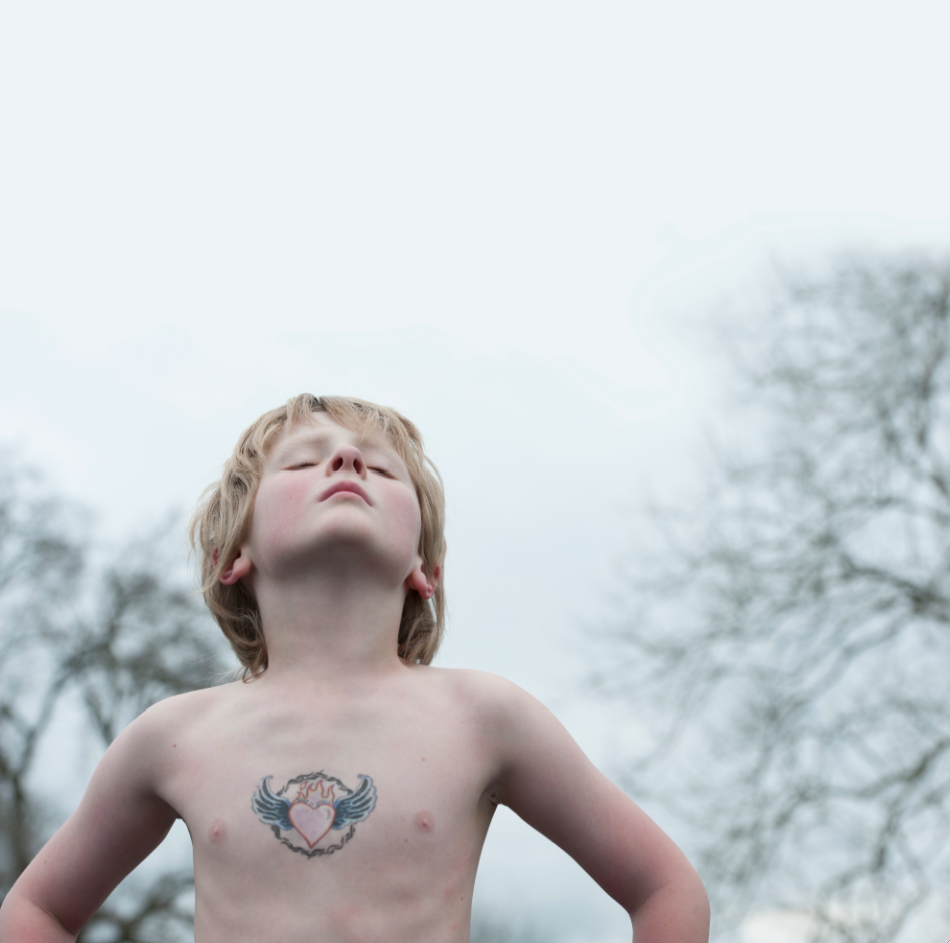
Carey also argued the existence and growth of smaller, more focused film festivals — including MQFF — informs how MIFF is programmed. She sees the festivals as complementary.
“I feel like some of the stuff [MQFF] has shown is maybe a bit more hardcore than some of the stuff we’ve shown, in terms of queer content — documentaries, things around, say, surgery and that kind of thing, which might have a more specific relevance to a very specific audience that we probably wouldn’t show,” Carey said.
“We try not to step on people’s toes too much. In terms of the whole festival ecosystem in Melbourne, everyone’s carving out their bit of territory and everyone’s trying to respect that.
“Obviously we can’t screen everything, so we do go for something that we feel’s going to have a general interest, otherwise we feel maybe that it’s something more for the Queer Film Festival… at the end of the day it’s good, because people can still see it.”
Alongside Holding the Man and Downriver, Carey highlighted some of her queer picks from this year’s program.
“Ecco Homo is also really great,” Carey said.
“The film’s directed by Richard Lowenstein — it’s about this guy Troy Davies, who was a big figure in the 90s. He died about five years ago.
“He was a very big figure in the artistic, film, music communities in Melbourne in the 80s and 90s… it’s a really beautiful story.
“We’ve got a documentary on Fassbinder (Fassbinder — To Love Without Demands) the filmmaker, and it’s just interesting the parallels between those two. These people really were artists, and lived their life. We don’t have a lot of people like that anymore.”
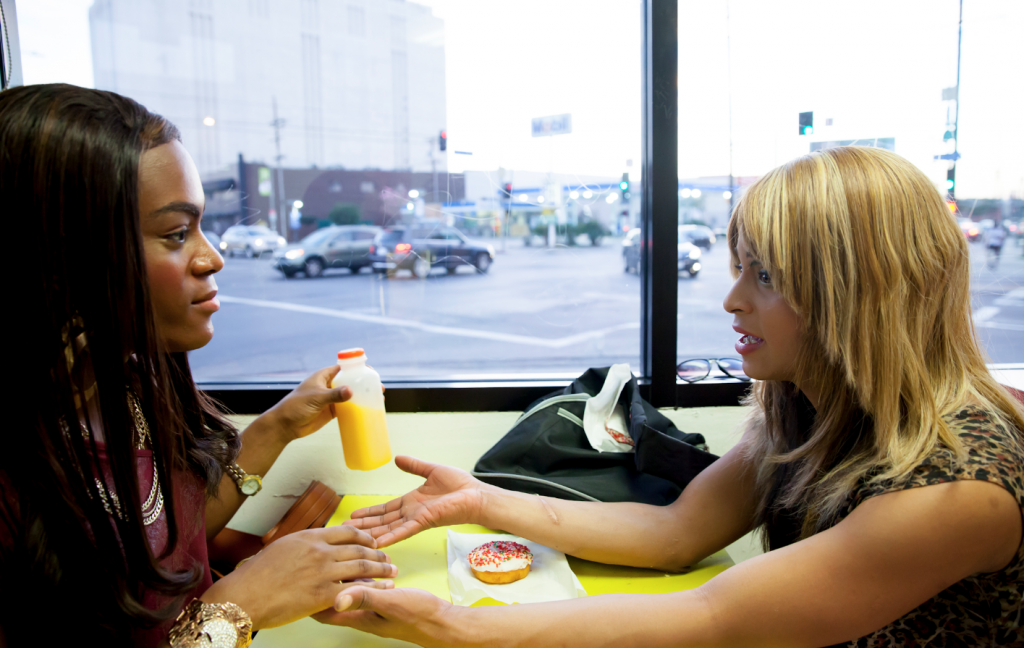
Two picks also came from US independent cinema: Nasty Baby, about a couple in Brooklyn trying to have a baby and the stranger who enters their lives, and Tangerine.
“Tangerine is a really awesome American independent film that follows these two transgender women around LA, and it’s just such a great celebration of friendship,” Carey said.
“They’re just such wonderful characters, and it was all shot on an iPhone.”
The Melbourne International Film Festival runs from July 30 until August 16. For details and ticket bookings visit miff.com.au
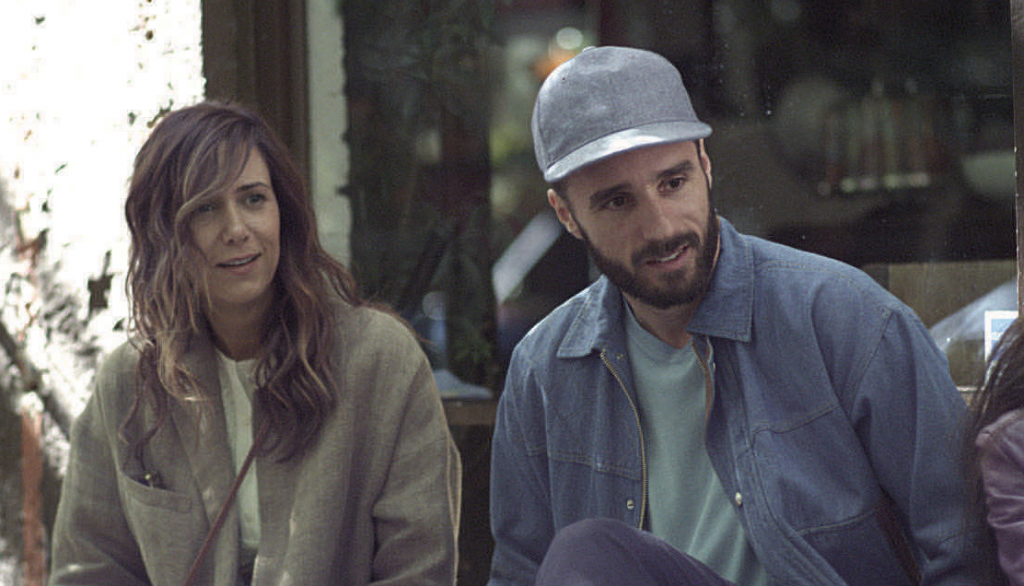
The Star Observer is a media partner of Melbourne International Film Festival.
**This article was first published in the August edition of the Star Observer, which is available to read in digital flip-book format. To obtain a physical copy, click here to find out where you can grab one in Melbourne, Sydney, Brisbane, Adelaide, Canberra and select regional/coastal areas.
[showads ad=FOOT]




